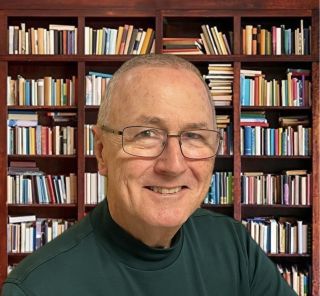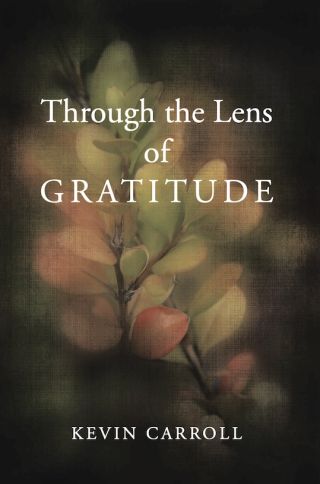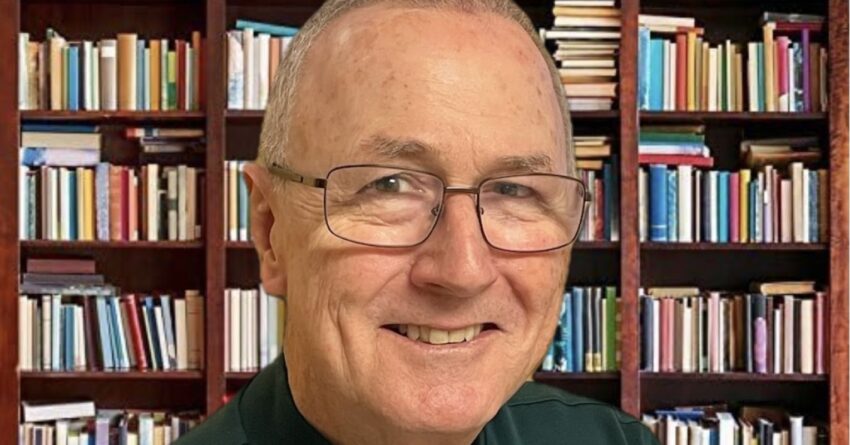There’s no doubt about all the bad news in our world—from political polarization, natural disasters, and economic uncertainty to heartbreaking wars and escalating rates of anxiety and depression. U.S. Surgeon General Vivek Murthy has warned of an epidemic of loneliness and isolation that threatens our emotional and physical health (2023). And many of us have experienced personal losses in the wake of the COVID-19 pandemic.
Yet research has found that concentrating on what’s going wrong doesn’t help. We can get trapped in a negative spiral of worry, anxiety, and self-criticism. Psychologists call this rumination, which actually undermines our ability to solve our problems (Lyubomirsky & Nolen-Hoeksema, 1995;Williams, Teasdale, Segal, & Kabat-Zinn, 2007).
What does help is to experience moments of positivity that can reverse downward spirals of negativity to restore our emotional balance (Garland, Fredrickson, Kring, Johnson, Meyer, & Penn, 2010). Research has found that in troubled times, appreciating the good in our lives can expand our awareness, help us cope, and reveal new solutions (Berrios, Totterdell, & Kellett, 2018; Fredrickson, 2009; Hurley & Kwon, 2013).
We can begin acknowledging the goodness in our lives by practicing gratitude. Psychologist Robert Emmons, PhD, has found that grateful people are healthier and happier, more connected to others, more optimistic, and better able to cope with stress and challenges (Emmons, 2007).

Gratitude author Kevin Carroll
Source: Kevin Carroll, used with permission
Studies have shown that cultivating a “life orientation” toward gratitude can greatly improve our health and wellbeing (Wood, Froh, & Geraghty, 2010). This orientation, which involves feeling gratitude toward other people, experiencing awe, and appreciating life in the present moment, has been associated with a lower risk of anxiety and depression, increased happiness, health, and resilience (Wood et al, 2010).
When high school teacher Kevin Carroll was inspired by a gratitude retreat he attended in 2006, he began a daily gratitude practice and published a blog on gratitude. This led to his books, A Moment’s Pause for Gratitude (2017), A Focus on Gratitude (2024), and his most recent book, Through the Lens of Gratitude (2024). Committed to sharing the transformational power of gratitude with others, he writes about his students, family and friends, remarkable coincidences, and small acts of kindness he’s experienced.
By practicing small acts of gratitude each day, you, too, can begin cultivating a “life orientation” of gratitude that can bring you greater health, joy, and well-being, even in troubled times (Wood et al, 2010).
To begin cultivating greater gratitude in your own life, here are three powerful practices:
1. Begin the Day with Gratitude. When you wake up in the morning, you can begin your day with gratitude by thinking of one thing to look forward to, one gift this day offers. This can be anything from appreciating the taste of your morning coffee to beginning a new project, meeting with a friend, or enjoying your favorite hobby.
2. Pause During the Day for Moments of Gratitude. During the day, pause periodically to focus on something you’re grateful for. Take a moment to appreciate the beauty of sunlight shining through the trees, the bright blue sky overhead, a greeting from a neighbor, a message from a friend, smiling at a loved one, and more.
3. Practice Gratitude at the End of the Day. Research has found that listing three things you’re grateful for at the end of the day can relieve stress, improve your health, help you overcome adversity, and build greater hope (Emmons & McCullough, 2003; Emmons, 2007). Try this powerful practice yourself by keeping a gratitude journal and writing down three things you’re grateful for at the end of each day.
Gratitude Essential Reads

Source: Kevin Carroll, used with permission
By choosing small acts like these you can shine the light of gratitude on your life to expand your awareness, increase your well-being, solve problems more effectively, and build greater hope within and around you.
______________________________________________________________
This post is for informational purposes and should not substitute for psychotherapy with a qualified professional.
© 2024 Diane Dreher, All Rights Reserved.
